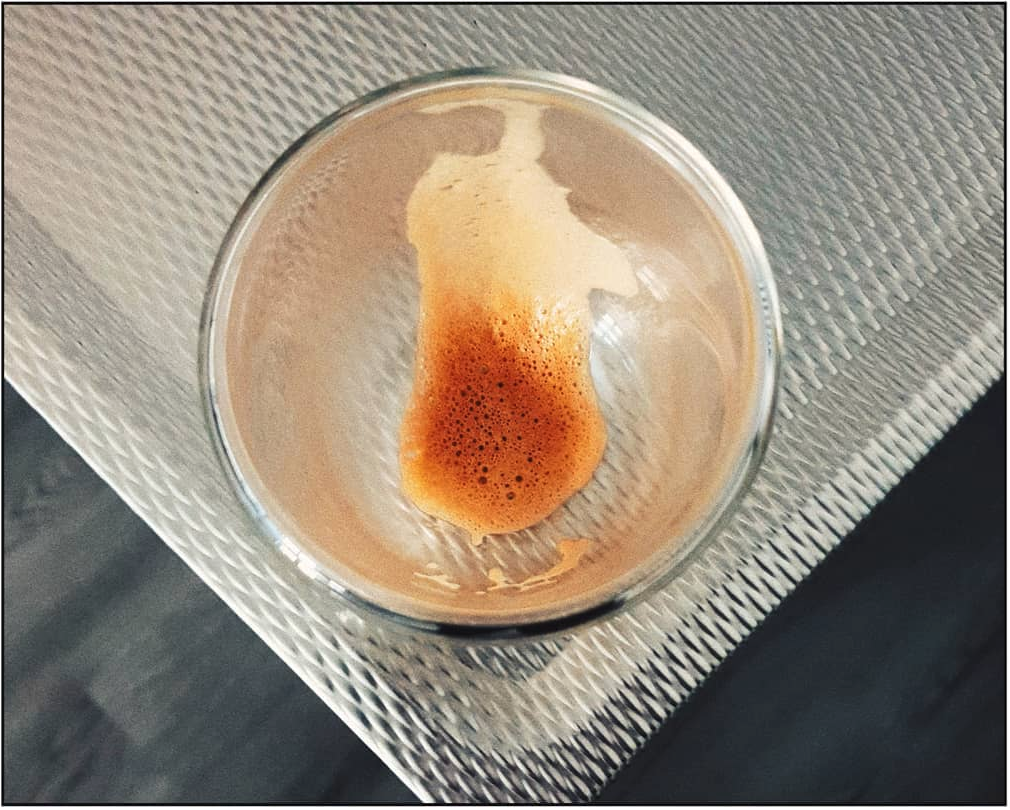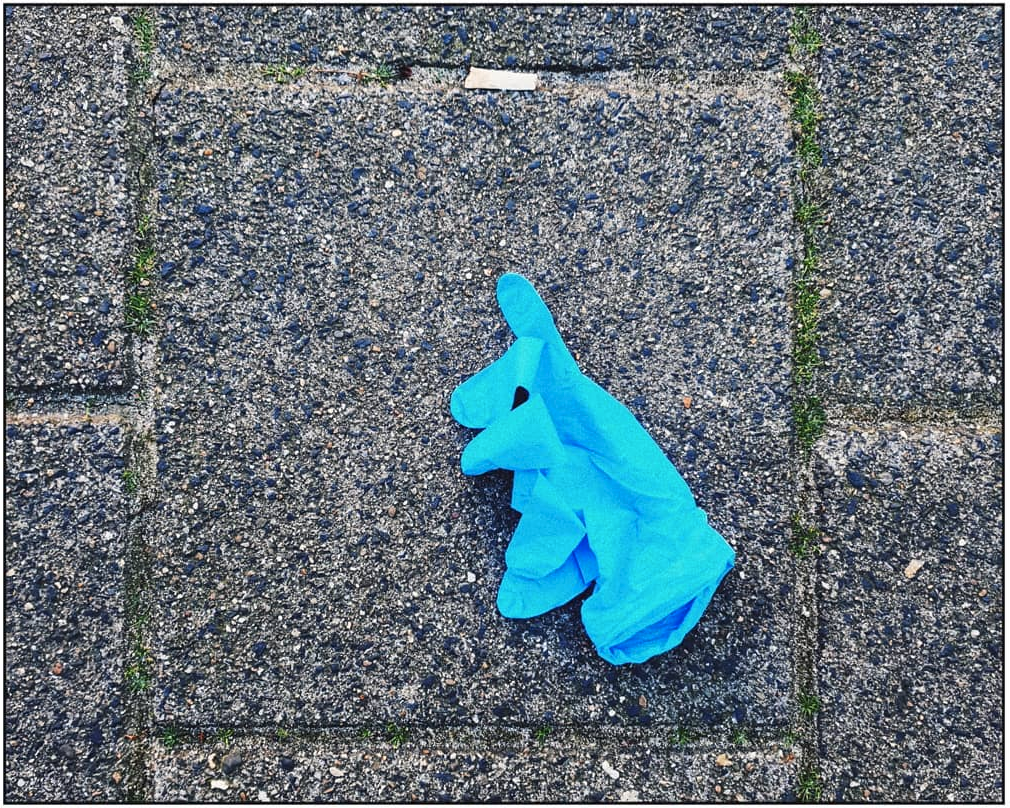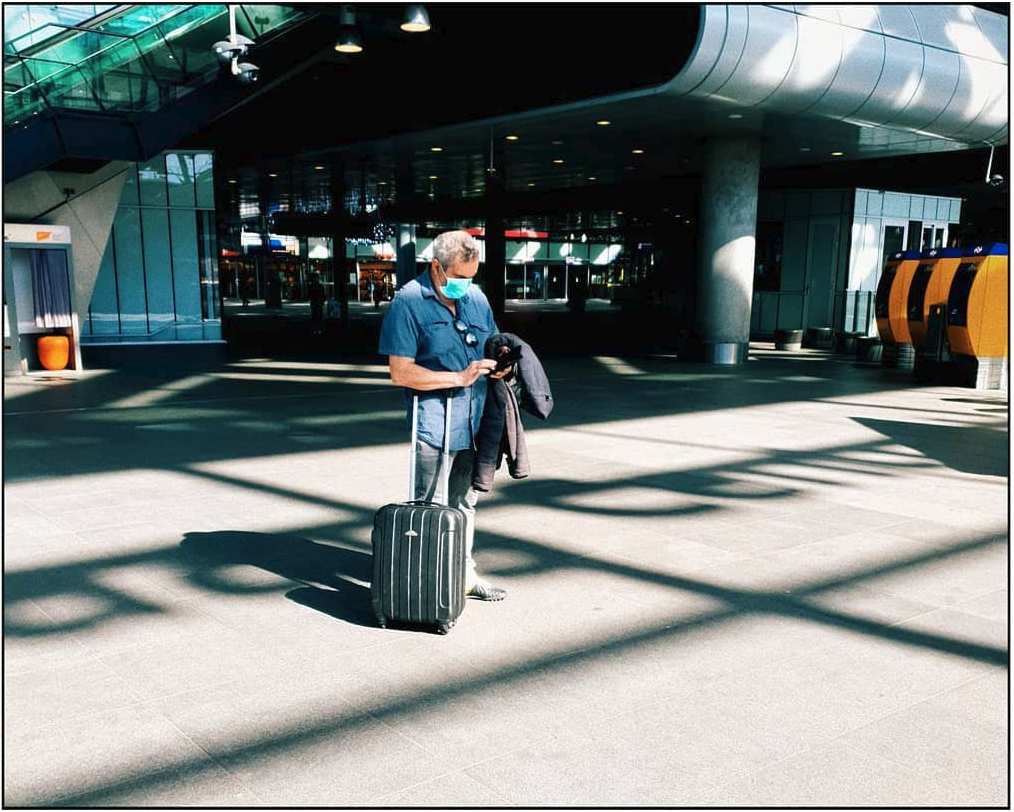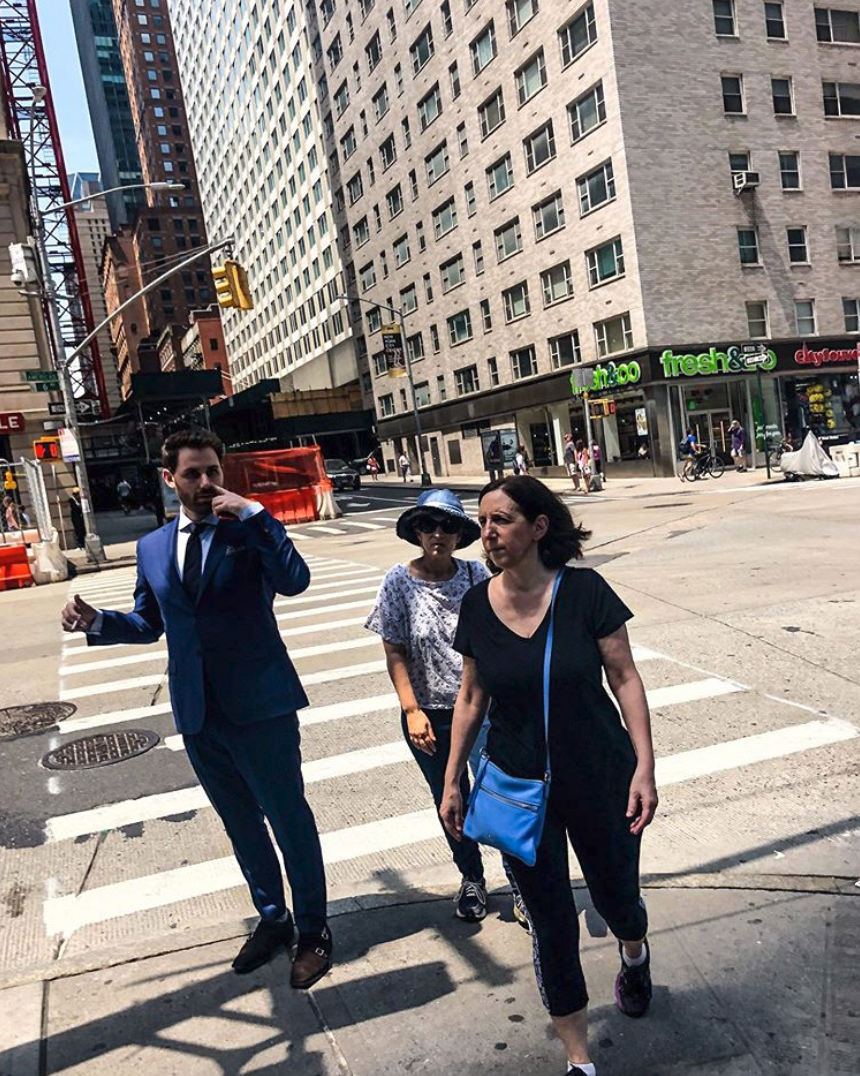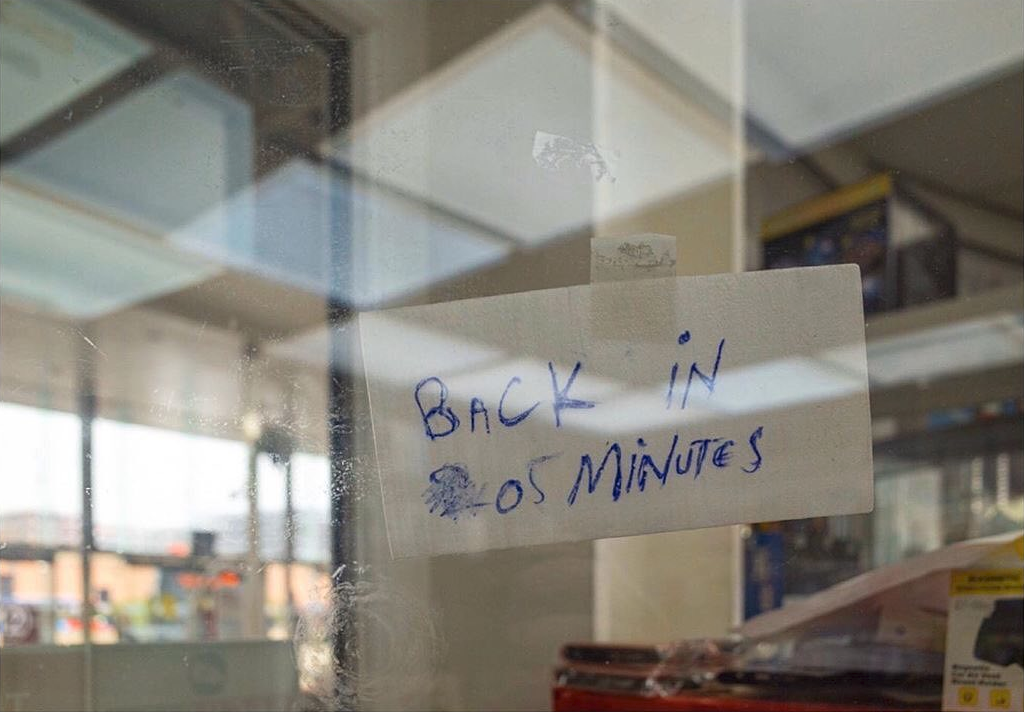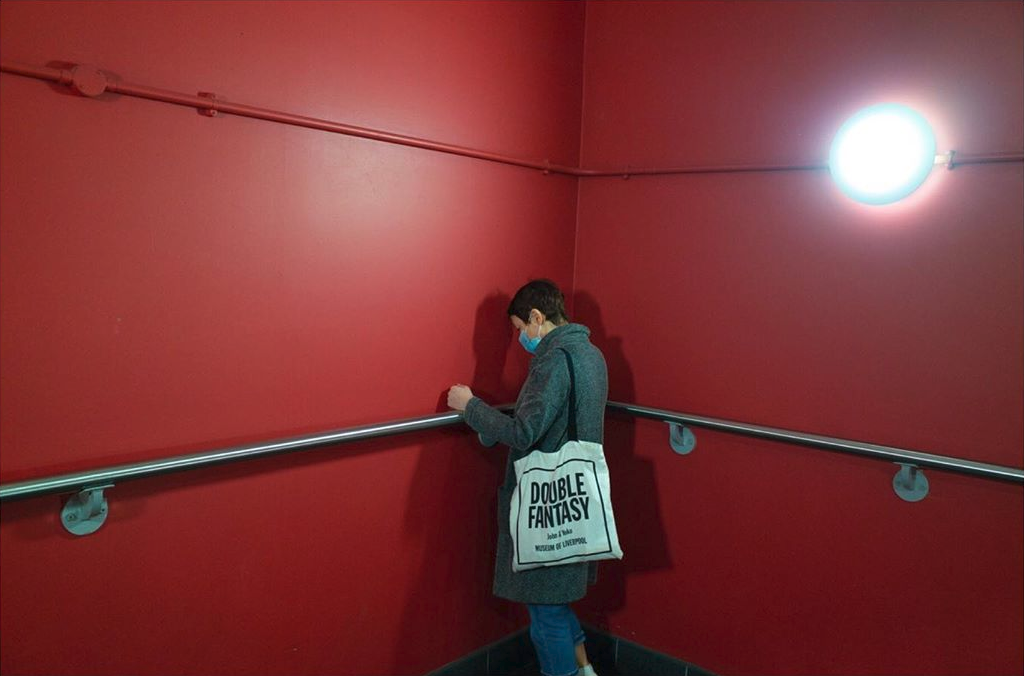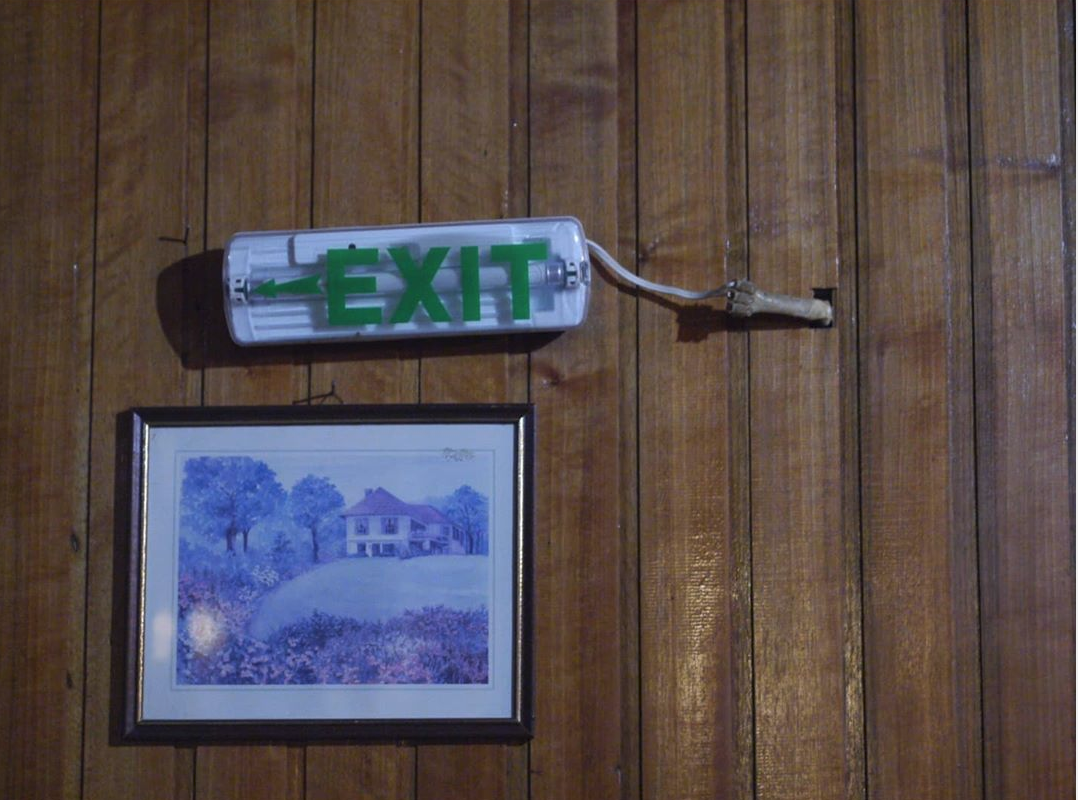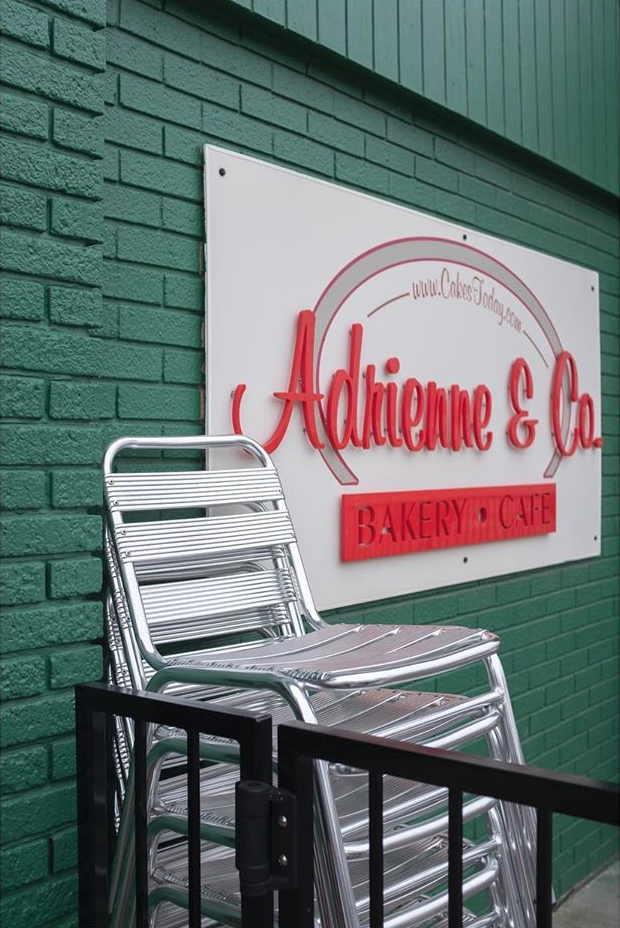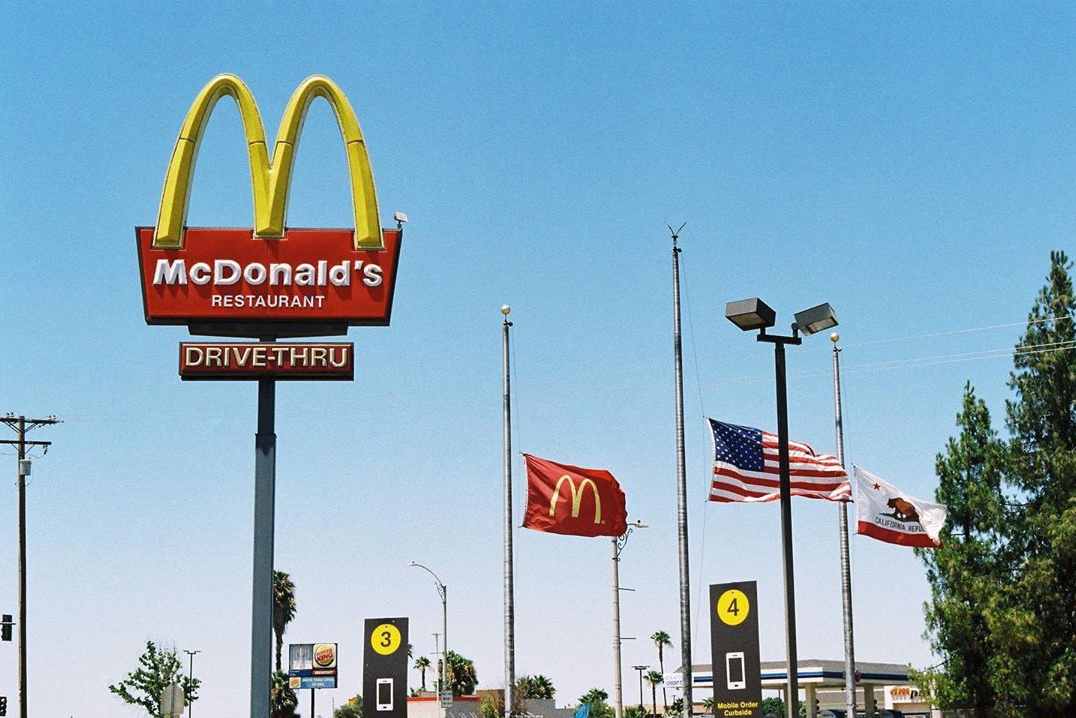Meredithe Ettrich - Serving Coffee During a Pandemic
Words by Meredithe Ettrich • With photographs from our IG community.
The sun has not quite risen. I walk through deserted city streets to get to work. Almost every business has been shut down due to the Covid 19 outbreak. In the weeks leading up to this day, we heard murmurs of emptying offices and canceled trips. Then within a few days every restaurant, bar and nightclub closed for fear of spreading the virus further. The coffee shop I work at seems to be the only place still open. Creatures need their comforts, even during pandemics.
I came in to find a heavily reduced staff. We have begun to take measures to curb the spread of the virus. I no longer have to put chairs out, as that would encourage gathering. I ask Nora, my fellow barista, how she is holding up. She tells me about her child and how she’s grateful her husband works in landscaping so he doesn’t come in contact with people. She has to video chat for her English classes now.
It’s time to open our doors. Our clientele are wealthy residents of Washington D.C, and white collar professionals. The shop is coated in bleach, and littered with latex gloves. We must now do everything for the customers. This means hours of meticulously ripping open sugar packets and pouring milk in their coffee very slowly until they say “STOP”. If I dismiss the chemical smell and tense atmosphere the experience feels almost novel. Everyone who comes in wants to talk to us about Coronavirus. I am thanked multiple times for being there while everyone else is in quarantine. I brighten their day. They need their little pick me up. I would love to tell them I have to be there. I wouldn’t risk being exposed to hundreds of people a day if I had the means not to. Instead I say “No problem!” and hand over their coffee with my gloved hand.
Photographs submitted through #broadmagonhold: @r0bertkruyskamp, @roosemarywoodhouse, @dolinskapics, @mbenissi, @scastelli79 (Click through photos for credit)
Around noon my manager calls. She tells me either our already reduced hours will be cut, or we can be laid off. No paid leave, no benefits, nothing to help us through the pandemic. I ask if she would like to tell Nora about the changes. She declines, saying her Spanish isn’t good enough to convey this properly. I consider my options. I could risk infection by continuing to work or risk eviction by losing my only source of income.
Halfway through the shift, a family comes in. As I ring them up the Father asks the teenager “Are you sure you don’t want anything? I’ll buy you anything in here.” The tension is palpable as the teenager declines and sulks away. The wife's shoulders slump in defeat. A minute or two after receiving their drinks, the woman spills her chai all over the counter and floor. The usually dingy countertop gleams like marble with it’s new milk varnish. To lighten the mood, I try to laugh it off and I tell them it happens all the time. We’ll clean it up. The woman has her hand over her mouth and will not look at us. She starts trying to scoop the mess up with a tiny soaked paper napkin and her bare hands. She barely registers when I say “Ma’am it's ok, please stop scooping milk into the garbage.” Dutifully, I make her a new drink, and she quietly stifles a sob as she walks away with her chai. Nora throws me an exasperated glance.
We begin to close the shop. our bosses still haven’t filled in the Spanish speaking employees on the staff cuts. It’s been nine hours. I’ve decided to be laid off so I can claim unemployment until things get back to normal. If they do at all. I tell Nora I’m worried about paying rent. Like many people in the food service industry, I have no backup, no familial wealth, or savings. She is very quiet for a minute before saying “Many people here are undocumented, and cannot claim unemployment without a social security number.” She doesn’t say much after that. My heart sinks further. She has become like a mother and a friend to me. It pains me to know her life could be ripped so swiftly from her. My other co-workers and I chat about what we’re going to do. I watch one of them take a gallon of milk from the fridge and stuff it in their bag. They see me watching them and they hand me a loaf of bread. With a nod, I put it in my tote with little resignation. Nora speaks to the kitchen staff in hushed tones.
As I drag garbage bags to the curb, I think about the food service industry. I think about the value of serving other people. Every day, we wake up before dawn to arrange the world so it’s ready to be lived in. We console our customer’s grief and delight in their joy. And every night we neatly fold it back up. I say goodbye to my co-workers, seeing Nora last as I walk out the door. She is busy helping the kitchen staff mop the floors. I walk onto the city street. At this time it’s usually bustling with rich socialites and suave businessmen. Today it's as empty as it was in the morning. Closure signs are posted on every door. I am unsure of the future, but so is everyone else.

